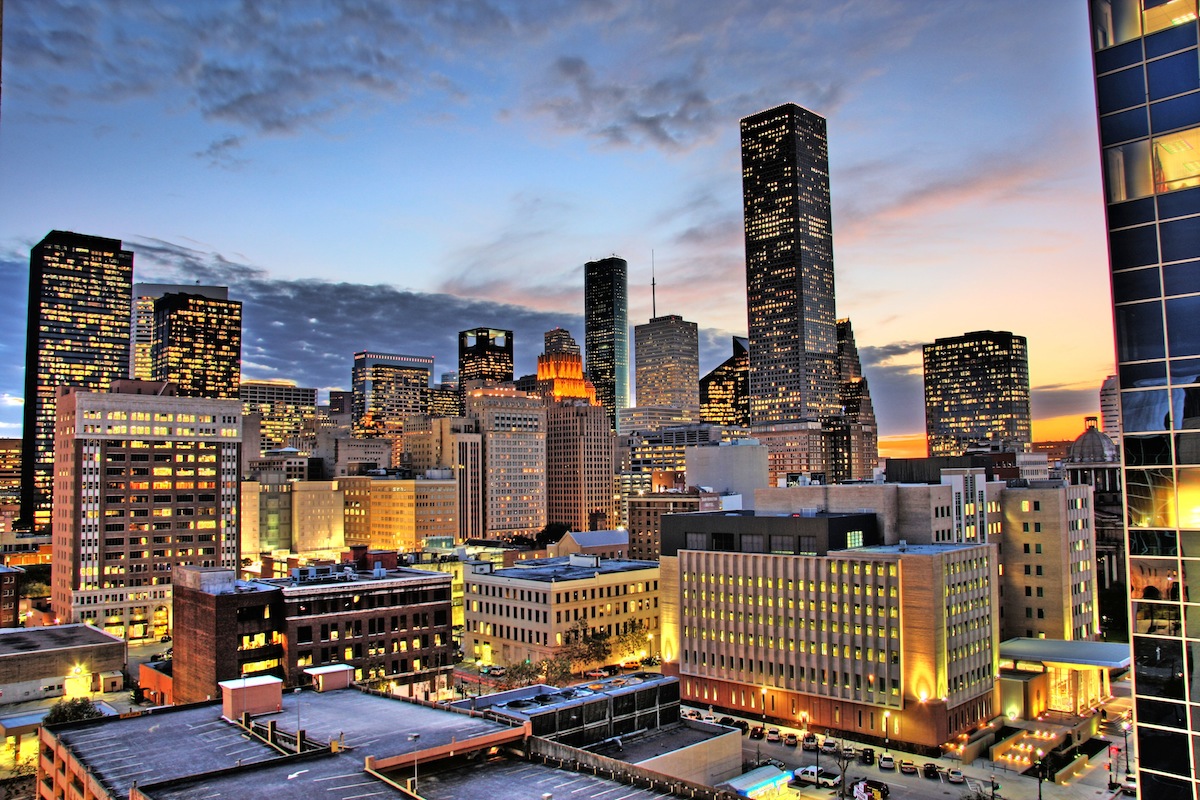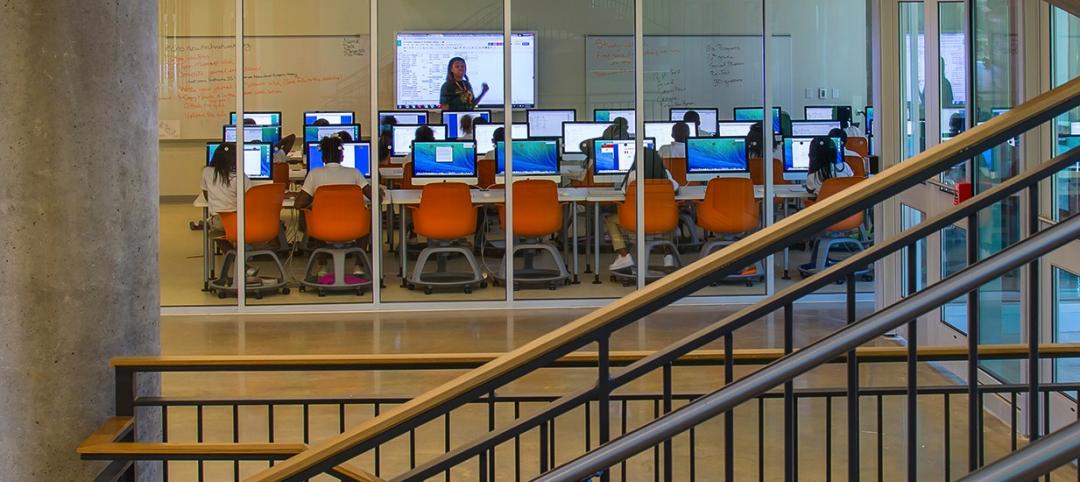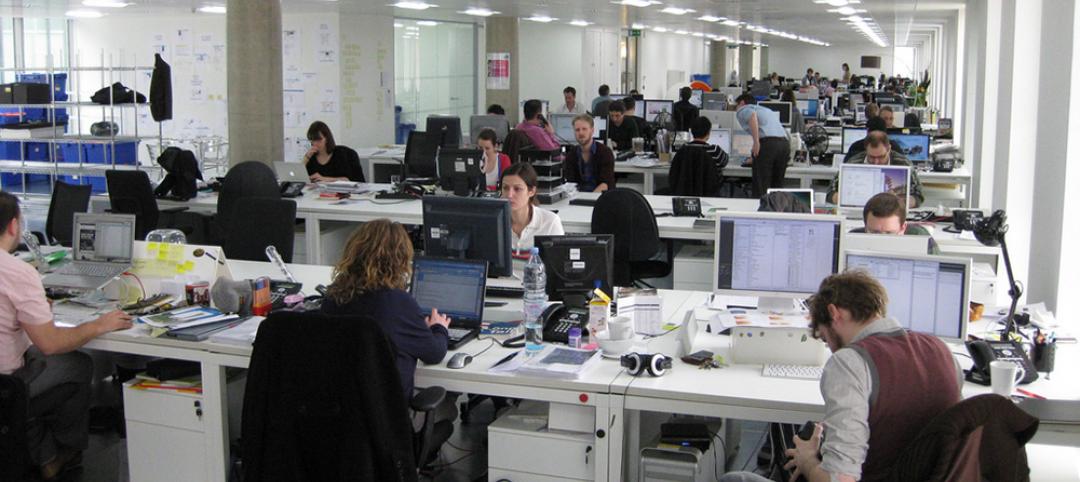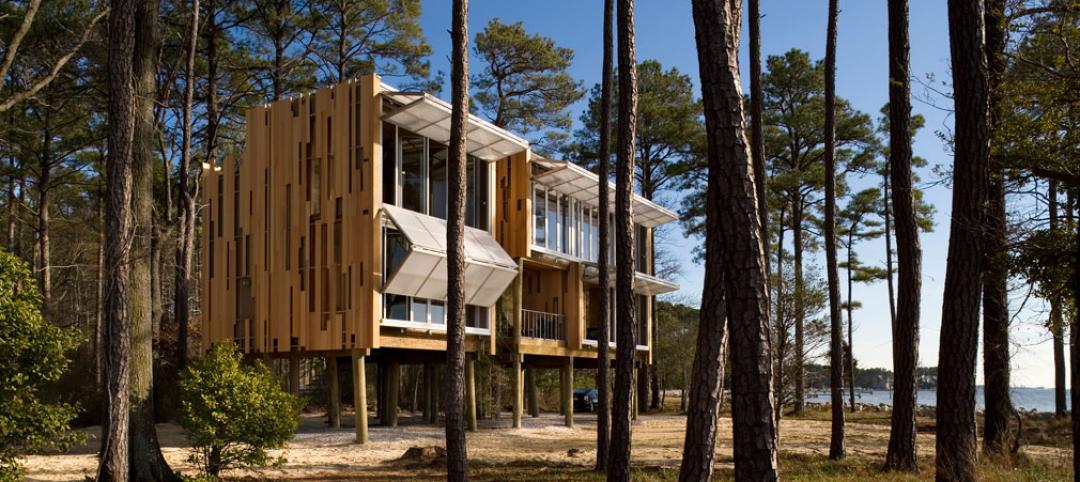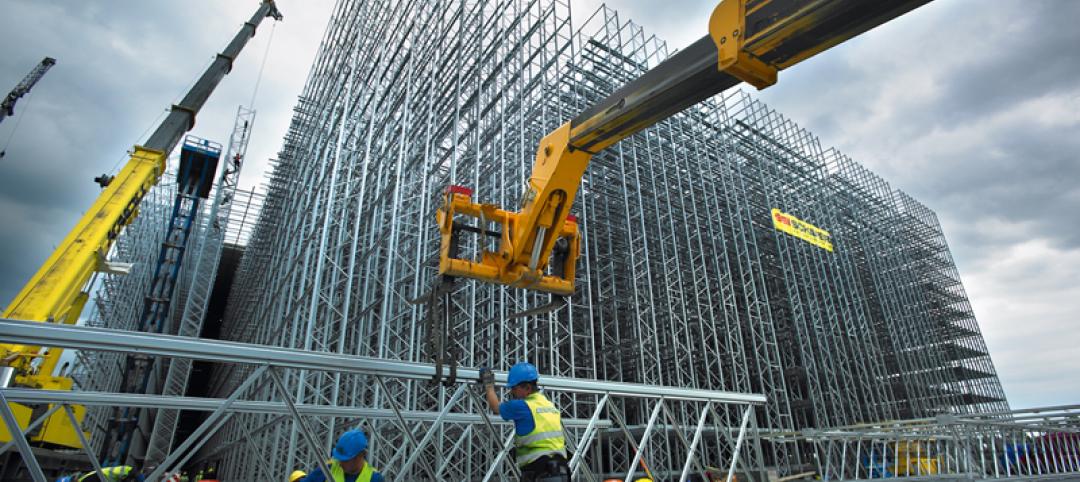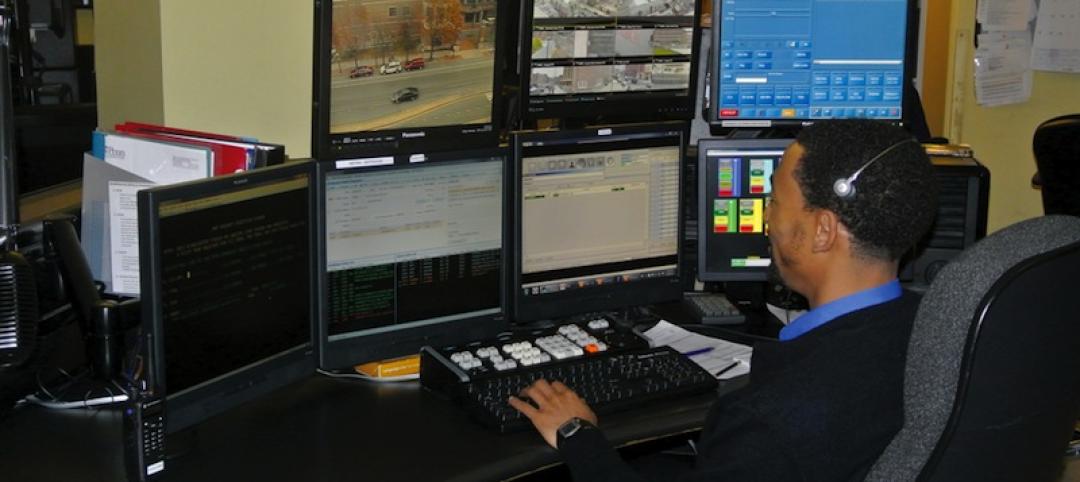WSP, the international engineering design and environmental consulting firm, will double its size in the Houston market by combining its existing operations there with the office of ccrd, a national MEP engineering and commissioning firm based in Houston, which WSP acquired last November.
The combined office, with about 60 employees, will be managed by David Sinz, PE, a vice president and managing director of WSP’s Houston office. David Duthu, PE, who was managing director of ccrd’s Houston office, is now co-leader of WSP’s national Science + Technology practice.
Aside from bolstering its Houston operations, the ccrd acquisition expanded WSP’s presence into markets throughout the Southeast and south-central U.S., according to WSP’s executive vice president Steve Burrows. (Founded in 1980, ccrd has offices in Austin, Texas, Dallas, Denver, Houston, Miami, Nashville, Tenn., Orlando, Fla., Phoenix, Richmond, Va., Kansas City, Mo., and Washington, D.C.)
David Cooper, PE, president of WSP’s U.S. Property & Building sector and chief commercial officer for WSP|Parsons Brinckerhoff, called the combination in Houston “a natural step forward.” He says the acquisition so far “has been everything both firms hoped it would be.”
Montreal-based WSP Global has 500 offices in 39 countries. Last Fall, it agreed to pay Balfour Beatty US$1.24 billion in cash to buy Parsons Brinckerhoff, a deal that increased WSP’s workforce by 77% to 31,000.
The purchase price for ccrd was not disclosed.
Separately, WSP and ccrd had already been active players and competitors in Houston’s healthcare, science, and technology sectors, having worked on innumerable hospitals, government, energy, and research construction projects. They are also active in Houston’s hospitality, commercial, residential, and industrial sectors.
Related Stories
Industrial Facilities | Feb 24, 2015
Starchitecture meets agriculture: OMA unveils design for Kentucky community farming facility
The $460 million Food Port project will define a new model for the relationship between consumer and producer.
University Buildings | Feb 23, 2015
Future-proofing educational institutions: 5 trends to consider
In response to rapidly changing conditions in K-12 and higher education, institutions and school districts should consider these five trends to ensure a productive, educated future.
Office Buildings | Feb 23, 2015
The importance of quiet and the consequences of distraction
Recent work style studies show that the average knowledge worker spends 25-35% of their time doing heads-down focused work. Once thrown off track, it can take some 23 minutes for a worker to return to the original task.
Modular Building | Feb 23, 2015
Edge construction: The future of modular
Can innovative project delivery methods, namely modular construction, bring down costs and offer a solution for housing in urban markets? FXFOWLE’s David Wallance discusses the possibilities for modular.
| Feb 23, 2015
6 trends changing the way city dwellers live
Across the cultural grid, from food to retail to transportation, America's urban areas are already undergoing a major metamorphosis. Here are the six major trends shaping our cities, from Fast Company.
Contractors | Feb 23, 2015
Rising Nonresidential Construction Index comes with struggles, FMI reports
Construction companies face the challenge of having enough people to keep up with increasing backlogs.
Green | Feb 23, 2015
State of the green union, and the next big shift in sustainability
The history of the green movement offers cues that we are on the precipice of another significant shift in the green union.
| Feb 23, 2015
Where are the iconic green buildings?
What does a green building look like? How would you know one if you saw one? Maybe a trivial question to some, but of great interest to architects, designers, and other members of the Building Team as the rapid evolution of sustainable buildings continues apace.
Sports and Recreational Facilities | Feb 21, 2015
Pumped-up recreation centers help build body, mind, and spirit
Adopting facility layouts from Asian and European models, today’s sports and recreational buildings are becoming social hubs that accommodate a variety of community needs.
University Buildings | Feb 20, 2015
Penn strengthens campus security by reviving its surrounding neighborhood
In 1996, the University of Pennsylvania’s sprawling campus in Philadelphia was in the grip of an unprecedented crime wave. But instead of walling themselves off from their surrounding neighborhoods, the school decided to support the community.


